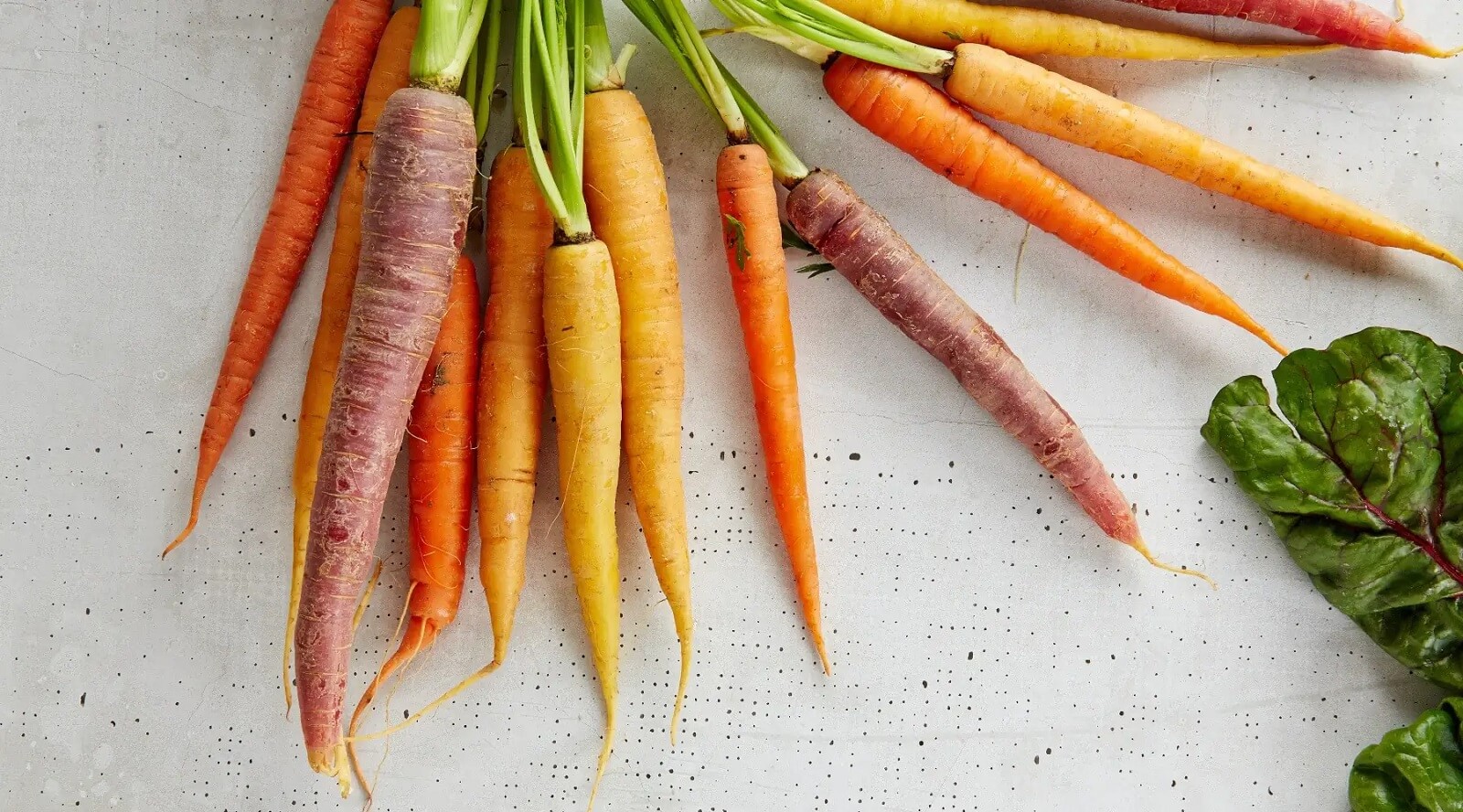How to get started with veganism and a wholesome diet
The trend towards plant-based eating is not going away. On the contrary. Over the last five years, interest in plant-based alternatives to milk and meat has been growing steadily. But the question is whether vegan meat alternatives are really necessary. Manufactured "non-meat" can often be low in nutrients but high in sodium, sugar, additives and saturated fat.
If you've been eating a diet of mostly processed foods and convenience foods, you've also been taking in a lot of empty calories. Your plate may be full and tasty, but this type of food contains very little or no nutrients. What is the result? Your body wants more and more. You overeat and gain weight, yet every cell in your body is starving. It is vainly demanding the nutrients it needs to function.
By contrast, a diet full of unprocessed plant foods that contain plenty of fibre, vitamins and minerals will give your body everything it really needs. More energy, better sleep and healthier skin. To really thrive, you need to serve yourself a full spectrum of nutrients that are essential for the proper functioning of all your organs instead of empty souls.
How to start eating healthier and more wholesome?
The simplest rule is: Try to eat five servings of vegetables a day. Three servings of above-ground vegetables, such as leafy greens, peppers, cucumbers, pea pods or broccoli, and two servings of below-ground vegetables, which are all root vegetables and potatoes.
It's also important to add a source of healthy fat to every meal - for example, avocados, nuts or nut butters, olive oil or tahini. This will ensure the absorption of vitamins A, D, E and K, which are only soluble in fat.
To make the meal complete, don't forget a suitable source of protein. A combination of legumes and cereals is ideal. This ensures that the body receives the full spectrum of essential amino acids. For example, lentils and rice, beans and grains or tempeh and quinoa are great combinations.

Which food groups to include in my diet?
GREENS
Vegetables should make up the majority of your diet as they are rich in antioxidants, vitamins and minerals. It is also high in fibre and is the least energy dense. If you eat more vegetables, you can quite naturally take in far fewer calories in the same serving. This is especially beneficial for those of you who want to gain, or maintain, a healthy weight.
Vegetables can also be a great source of prebiotics and probiotics. Add garlic, leeks, asparagus, or onions to your meals to provide your body with more prebiotics, which serve as food for the bacteria that populate your gut. Fermented or fermented vegetables, such as sauerkraut or kimchi, are in turn full of probiotics, which are live microorganisms that are beneficial for the gut microbiome and optimal digestion.
LEAF
Legumes are an important source of fibre, protein, carbohydrates and B vitamins, which can be lacking in a plant-based diet. Legumes such as lentils, beans, chickpeas or peas can also be a good source of iron, copper, magnesium, manganese, zinc and phosphorus.
For proper digestion, legumes should be thoroughly rinsed and soaked ideally overnight (at least 12 hours) to deactivate antinutrients such as phytates and tannins that reduce nutrient utilization.
NUTS AND SEEDS
Nuts and seeds are a great source of protein, healthy fats, vitamins and minerals such as magnesium and zinc. Add a small handful to most plant-based meals so your body can digest the fat-soluble vitamins. This group of vitamins helps nourish cells and skin and reduce inflammation.
Flaxseed, chia seeds and walnuts are particularly good choices when eating a plant-based diet. They are rich in essential omega 3 fatty acids. The body cannot make these fatty acids on its own, so it has to get them from the diet. At the same time, it cannot do without them, because omega 3s are needed for normal brain and vision function, but also for the control of inflammation - they are anti-inflammatory.
FRUIT
Fruits are high in fibre and rich in antioxidants, vitamins and minerals. Eat whole fruit ideally and avoid processed fruit juices or calorie-dense fruit smoothies. These usually contain large amounts of sugar without fibre.
